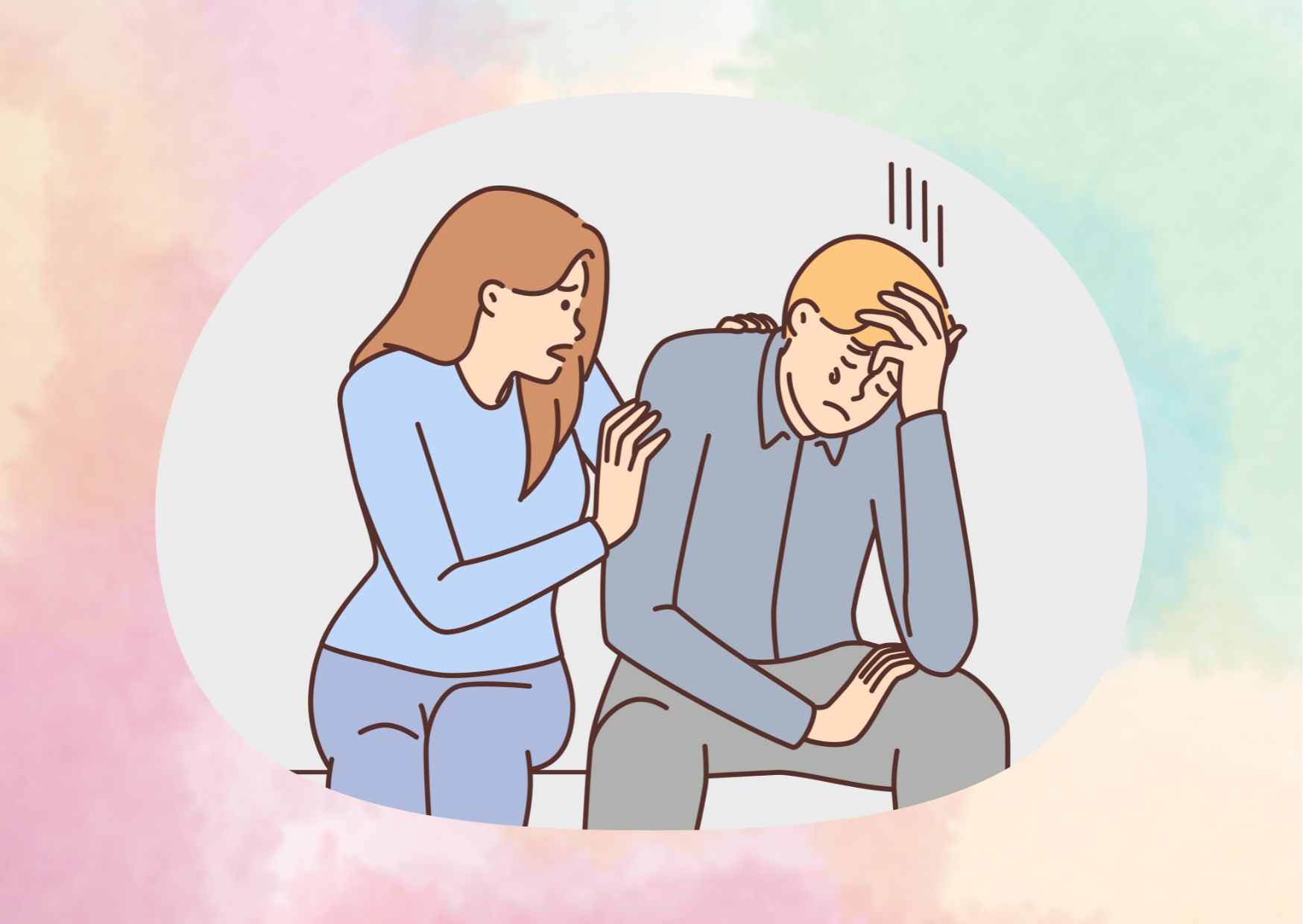Suggestion for read: The Ultimate Guide to Comforting a Friend Going Through a Breakup
What Not to Say to a Sick Person
While it’s important to express empathy and support, there are also certain things you should avoid saying to a sick person. These statements may unintentionally hurt or upset them, even if you have the best intentions. Here are some things to avoid saying:
1. Minimizing their experience
Avoid downplaying or minimizing the person’s illness or symptoms. It can be invalidating and dismissive to say things like:
- “It’s just a cold, you’ll be fine.”
- “Don’t worry, it’s not that serious.”
Instead, acknowledge the seriousness of their condition and offer your support.
2. Providing unsolicited advice
Unless you are a medical professional, it’s best to avoid giving unsolicited advice about their treatment or remedies. Statements like:
- “You should try this new miracle cure I heard about.”
- “Have you considered alternative treatments?”
Such advice can be overwhelming and may undermine their trust in their healthcare provider. Instead, encourage them to discuss treatment options with their doctor.
3. Comparing their illness to others
Each person’s experience with illness is unique, and comparing their situation to others can be unhelpful and dismissive. Avoid making statements like:
- “My cousin had the same thing, and they recovered quickly.”
- “I know someone who had that, and it was much worse for them.”
Every individual’s journey is different, so it’s best to focus on their specific situation and offer support accordingly.
4. Offering false reassurances
While it’s natural to want to provide comfort, offering false reassurances can be misleading and unhelpful. Avoid statements like:
- “Don’t worry, everything will be fine.”
- “You’ll be back to normal in no time.”
Instead, acknowledge the uncertainty of their situation and emphasize that you will be there to support them throughout their journey.
Supporting Someone Who Is Seriously Ill
When someone is facing a serious illness, their needs for support may be different. It’s crucial to approach the situation with compassion and sensitivity. Here are some guidelines for supporting someone who is seriously ill:
1. Respect their boundaries
Some individuals may prefer to keep certain aspects of their illness private. Respect their boundaries and avoid prying for details they may not be comfortable sharing. Let them know that you are there to support them, but also understand their need for privacy.
2. Be present
Being present for someone who is seriously ill can provide immense comfort. Spend time with them, whether in person or virtually, and engage in activities they enjoy. Offer to accompany them to medical appointments or treatments if they desire your presence.
3. Offer specific assistance
When someone is seriously ill, they may have specific needs or tasks that they struggle with. Offer assistance in practical ways, such as helping with household chores, running errands, or organizing their schedule. By offering specific assistance, you can provide targeted support that is truly helpful.
4. Avoid making it about yourself
When supporting someone who is seriously ill, it’s essential to keep the focus on them and their needs. Avoid making the conversation or interactions about yourself. Instead, listen actively and show genuine interest in their well-being.
Conclusion
Knowing what to say to a sick person and what not to say can make a significant difference in their experience. By expressing empathy, offering support, and avoiding potentially harmful statements, we can provide comfort and understanding during a challenging time. Remember to be present, respectful, and compassionate when supporting a sick person. Together, we can create a supportive and caring environment that promotes their well-being.
Seeking professional help through online therapy and counseling can also play a vital role in managing stress and promoting emotional well-being. At Inquire Talk, our dedicated therapists are available to provide the support and guidance needed to navigate the complexities of relationships and personal challenges. Prioritize your mental health and well-being, and reach out for the assistance you deserve.
At Inquire Talk, we understand the significance of mental health and well-being in relationships. Seeking professional help through online therapy and psychotherapy can provide valuable support in managing stress and promoting emotional well-being. Whether you need guidance on maintaining work-life balance or managing conflicts, our online counseling services can provide the assistance you need. Prioritize your mental health and well-being in your professional and personal life.
Here are few certified therapists who you can get in touch and book a therapy session with:
Nicola Keenan
Joanne Welsh
Elaine Tarsh
